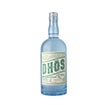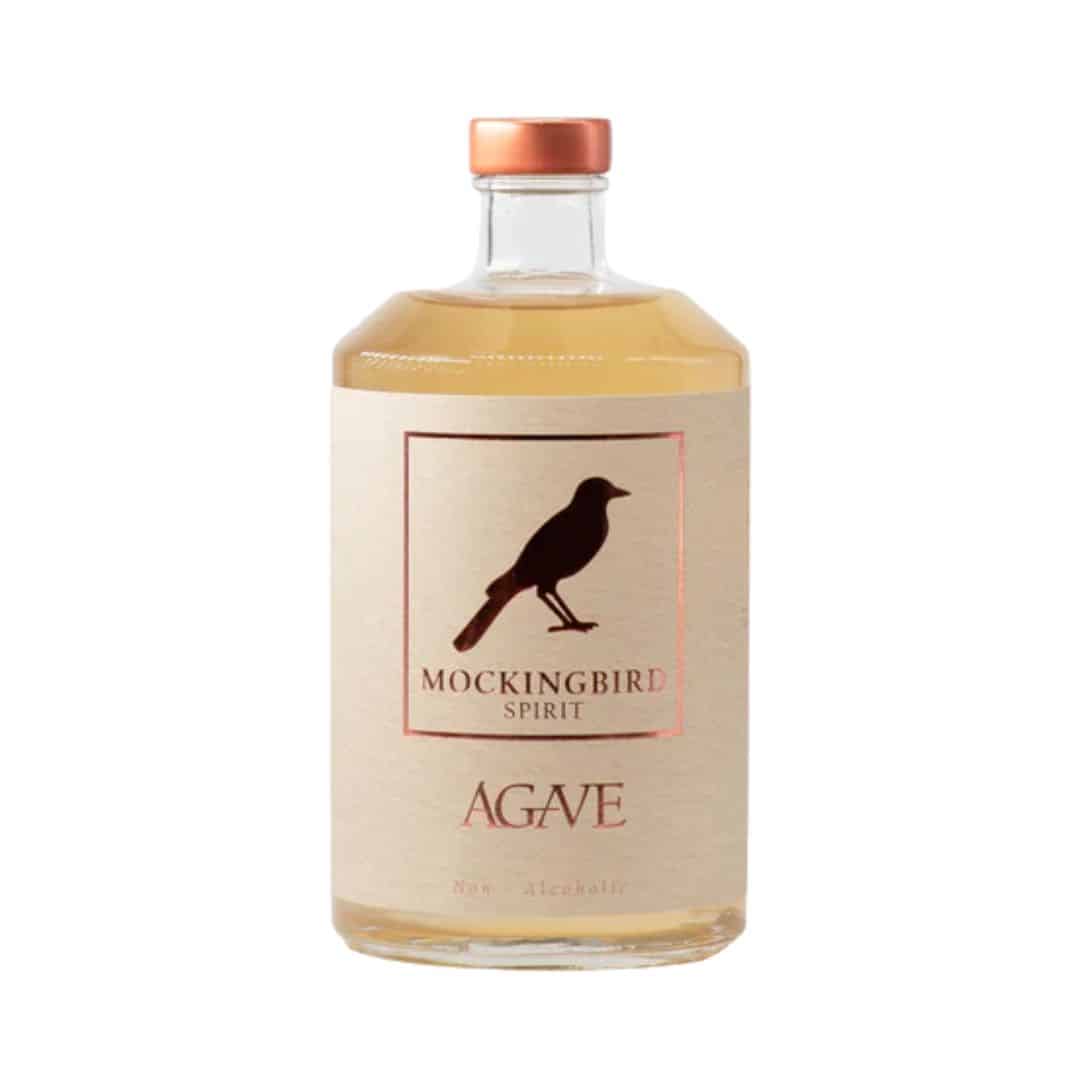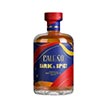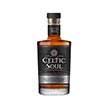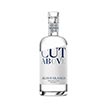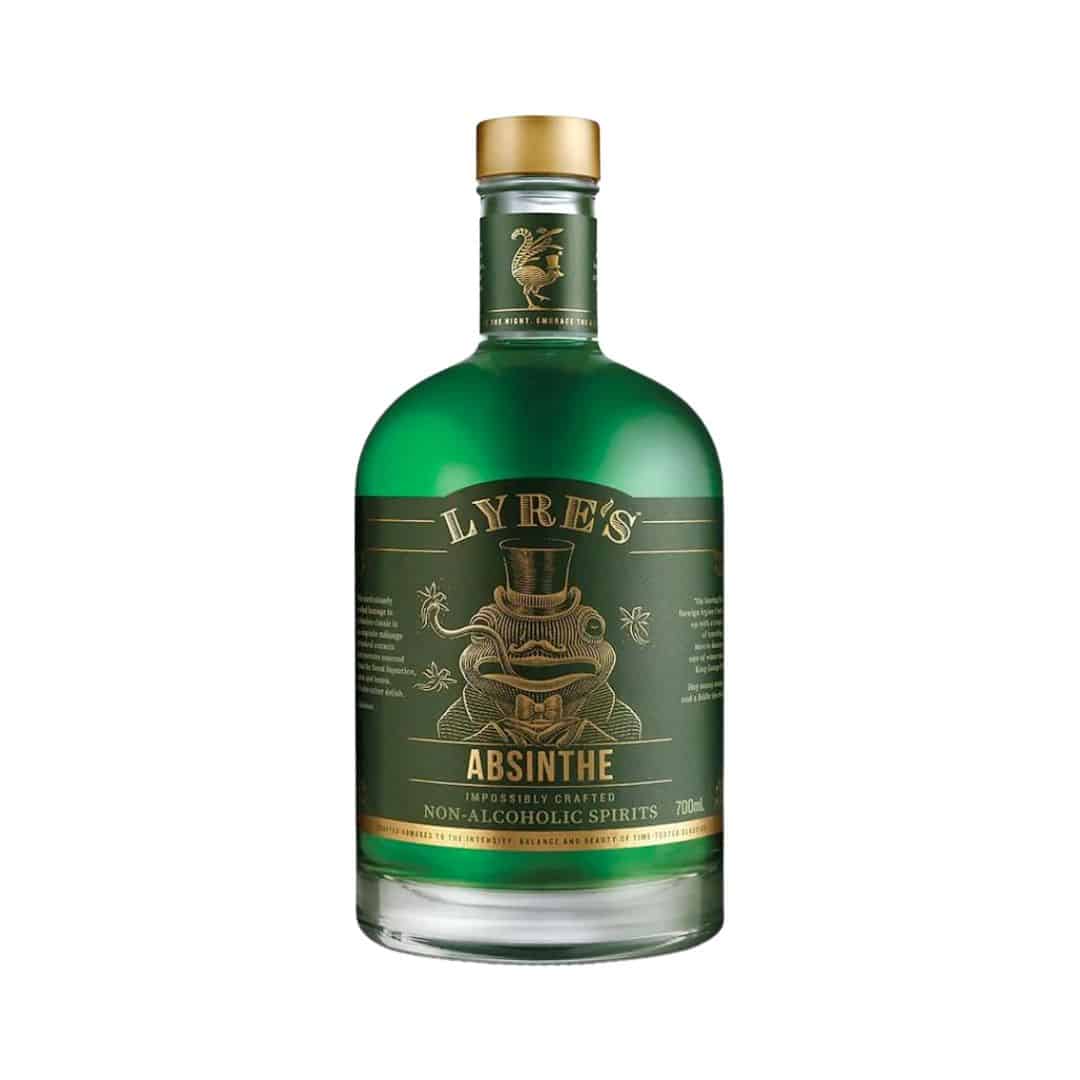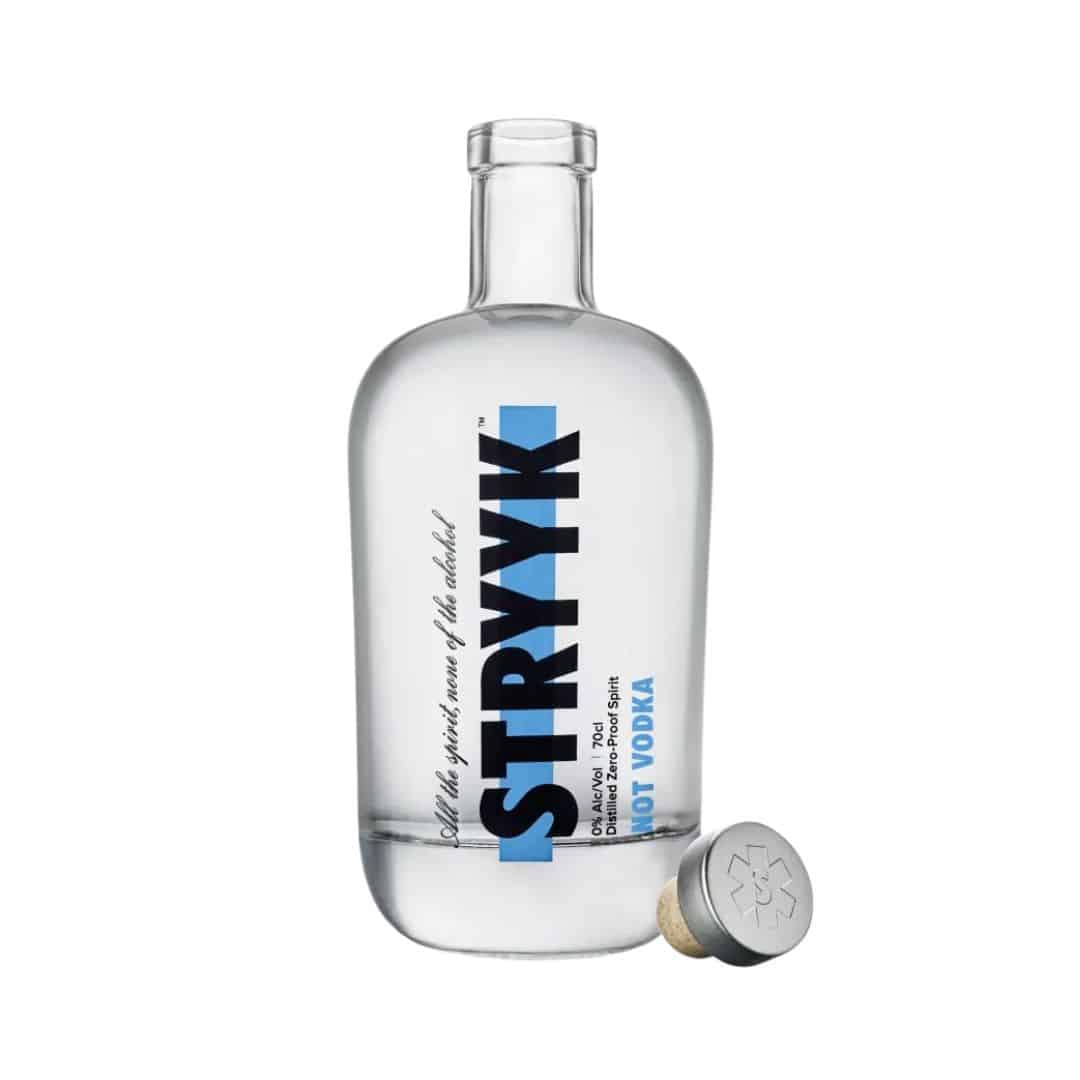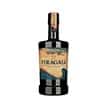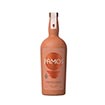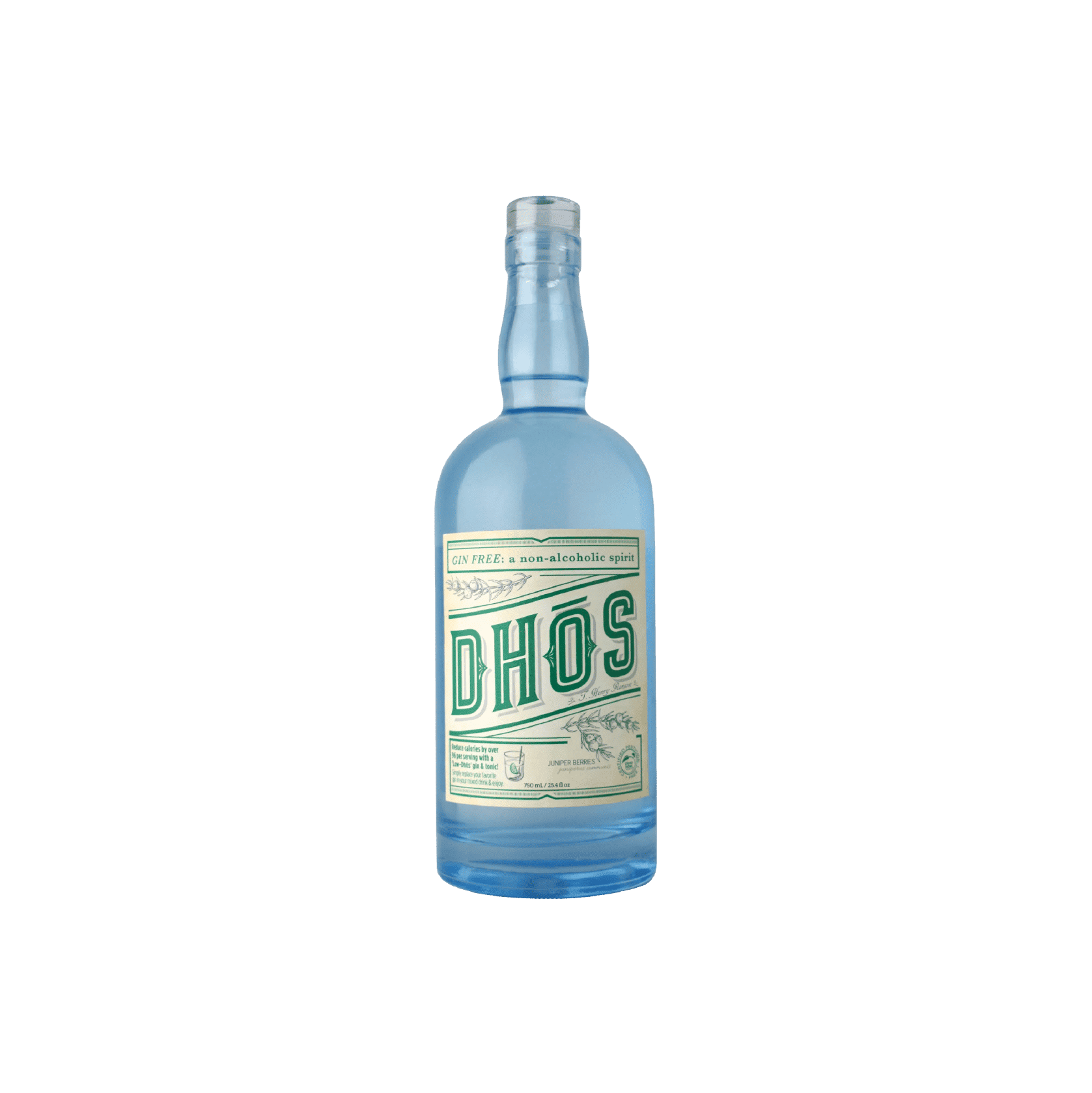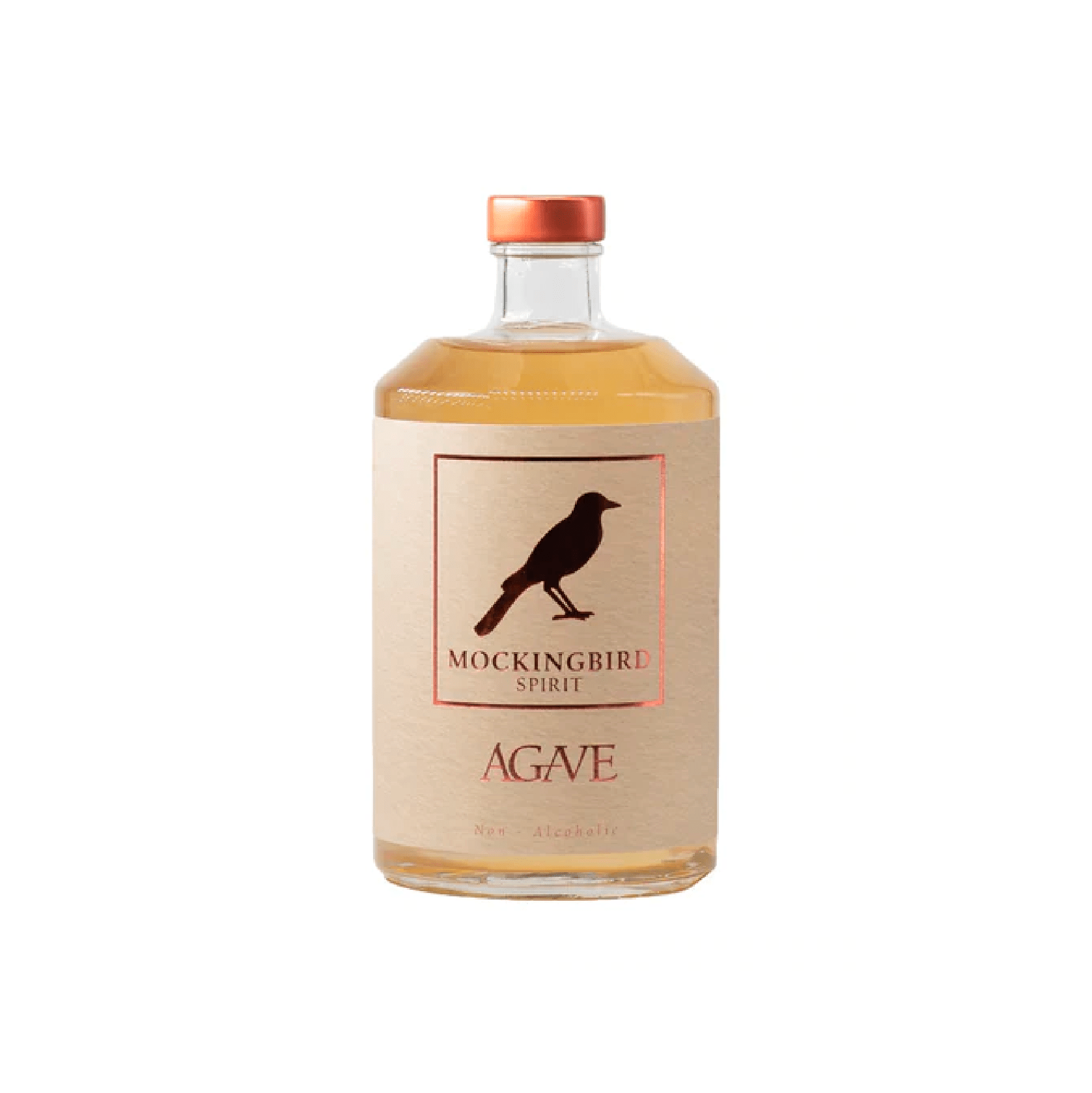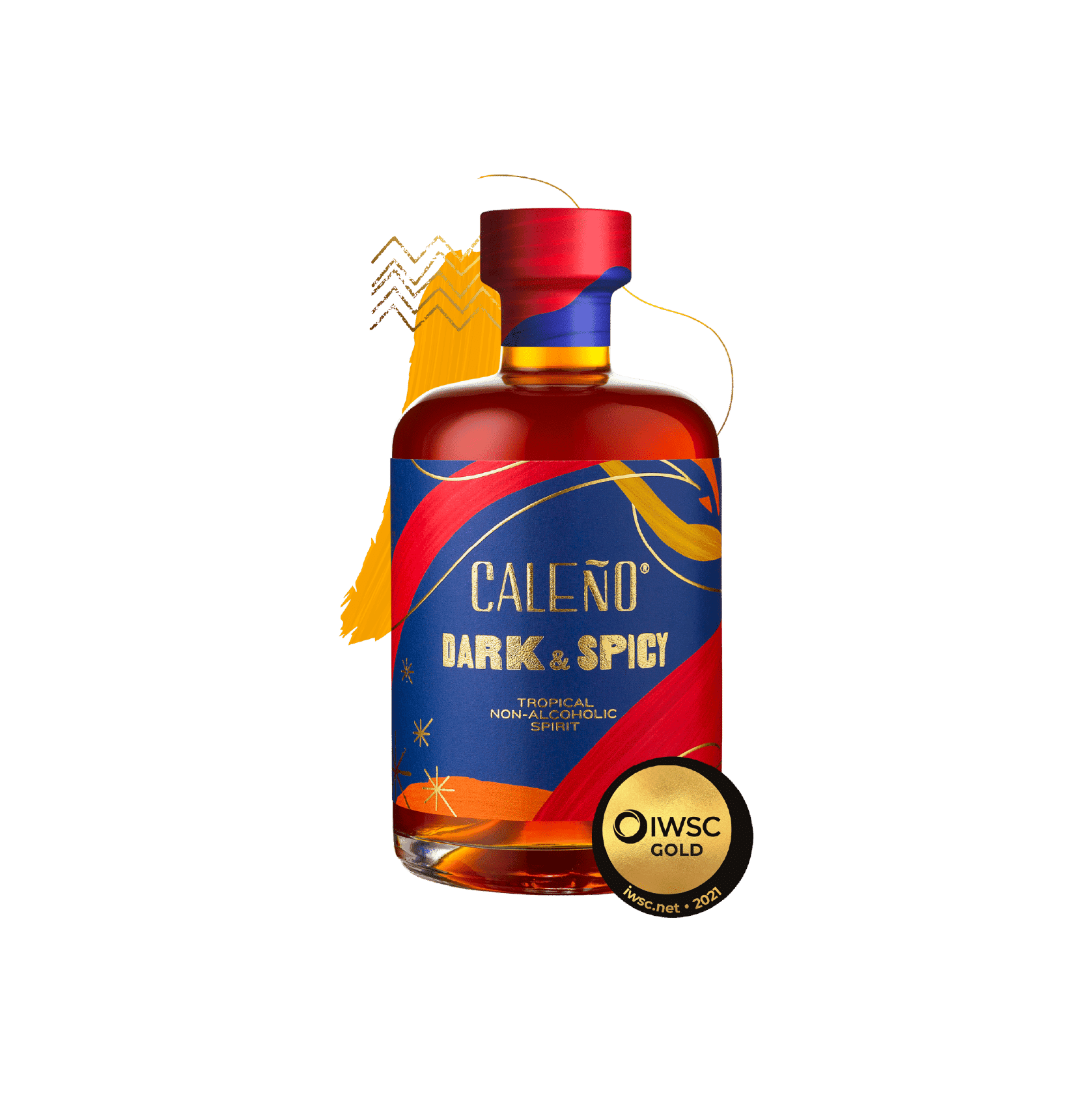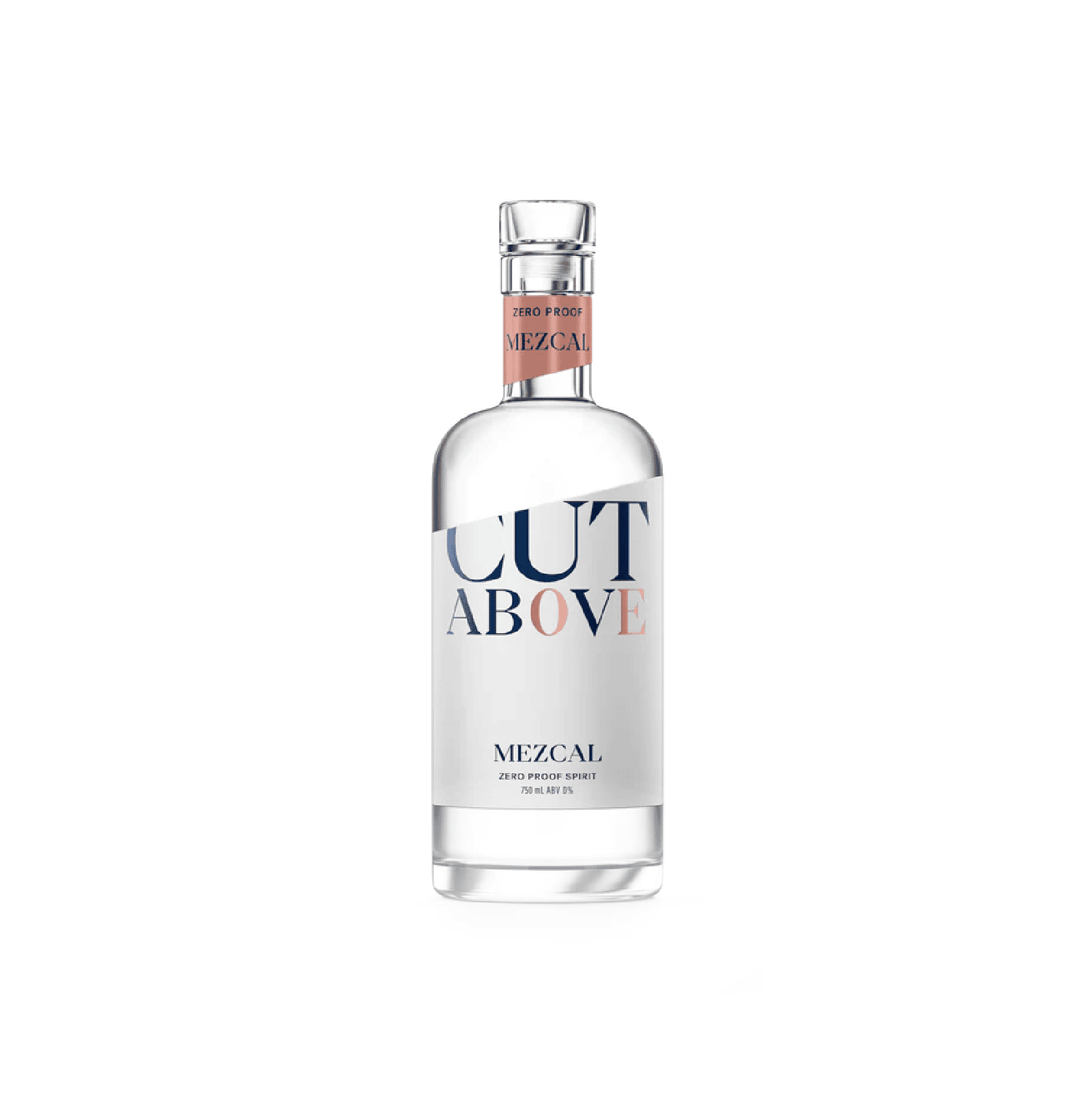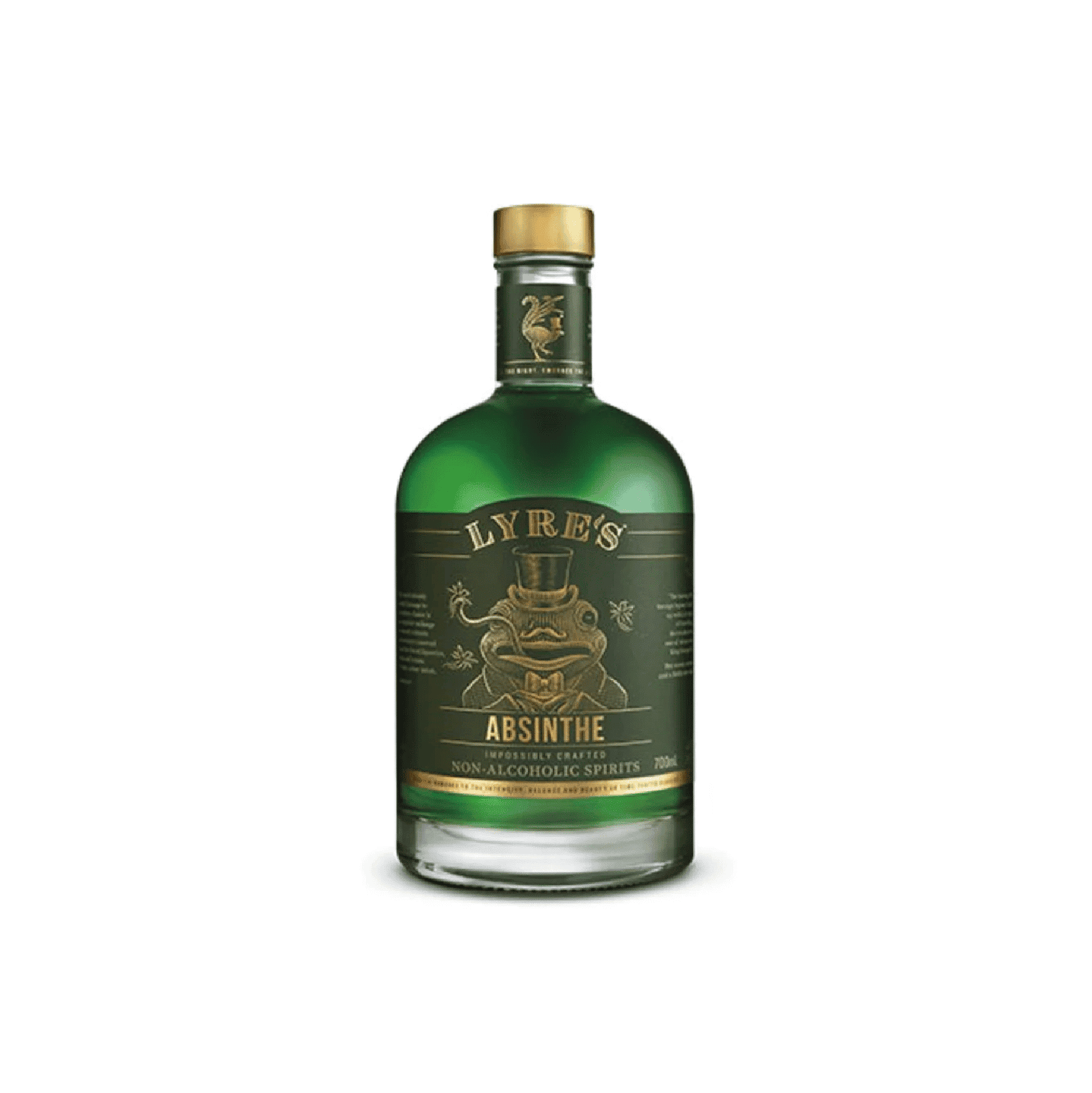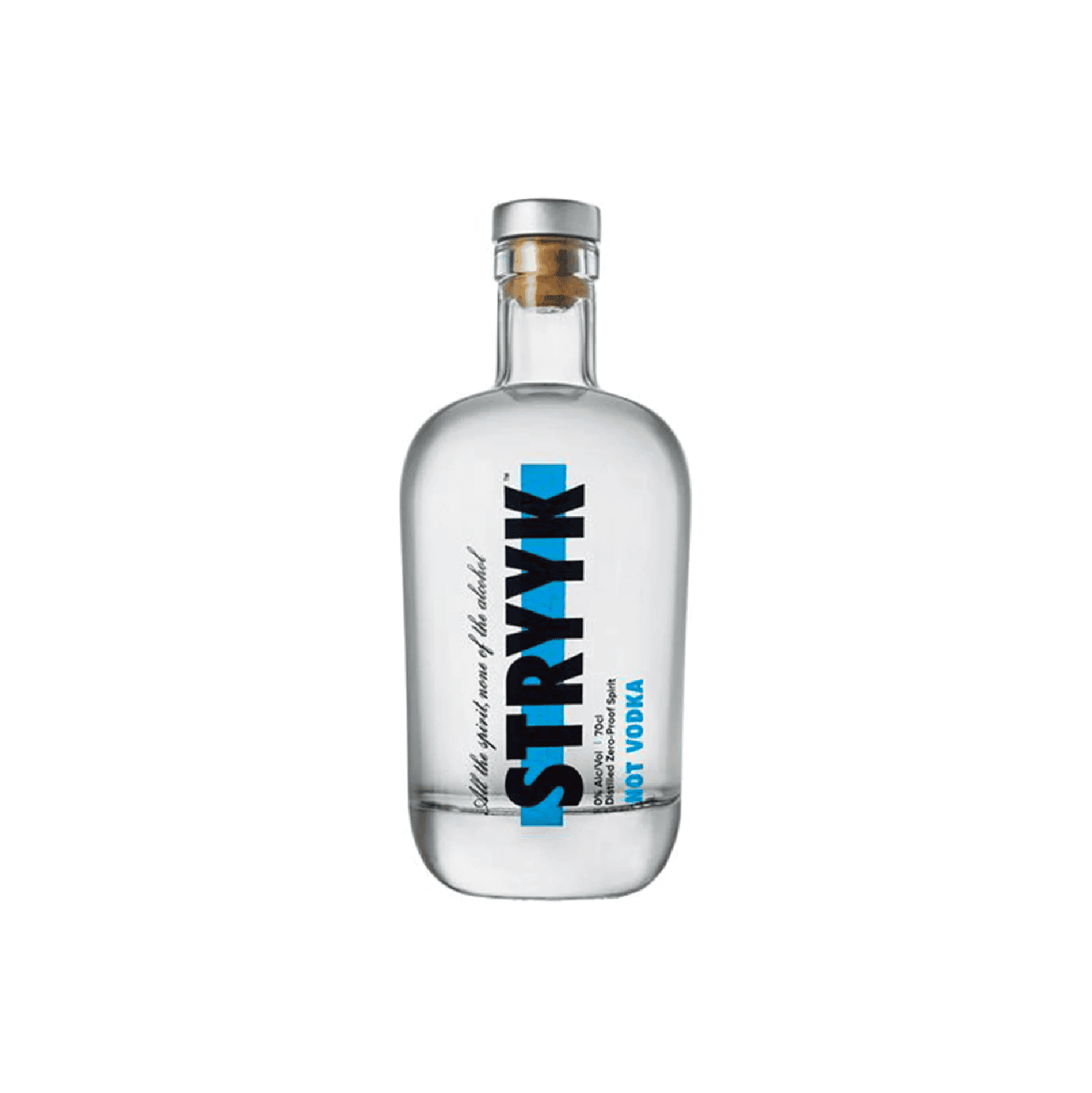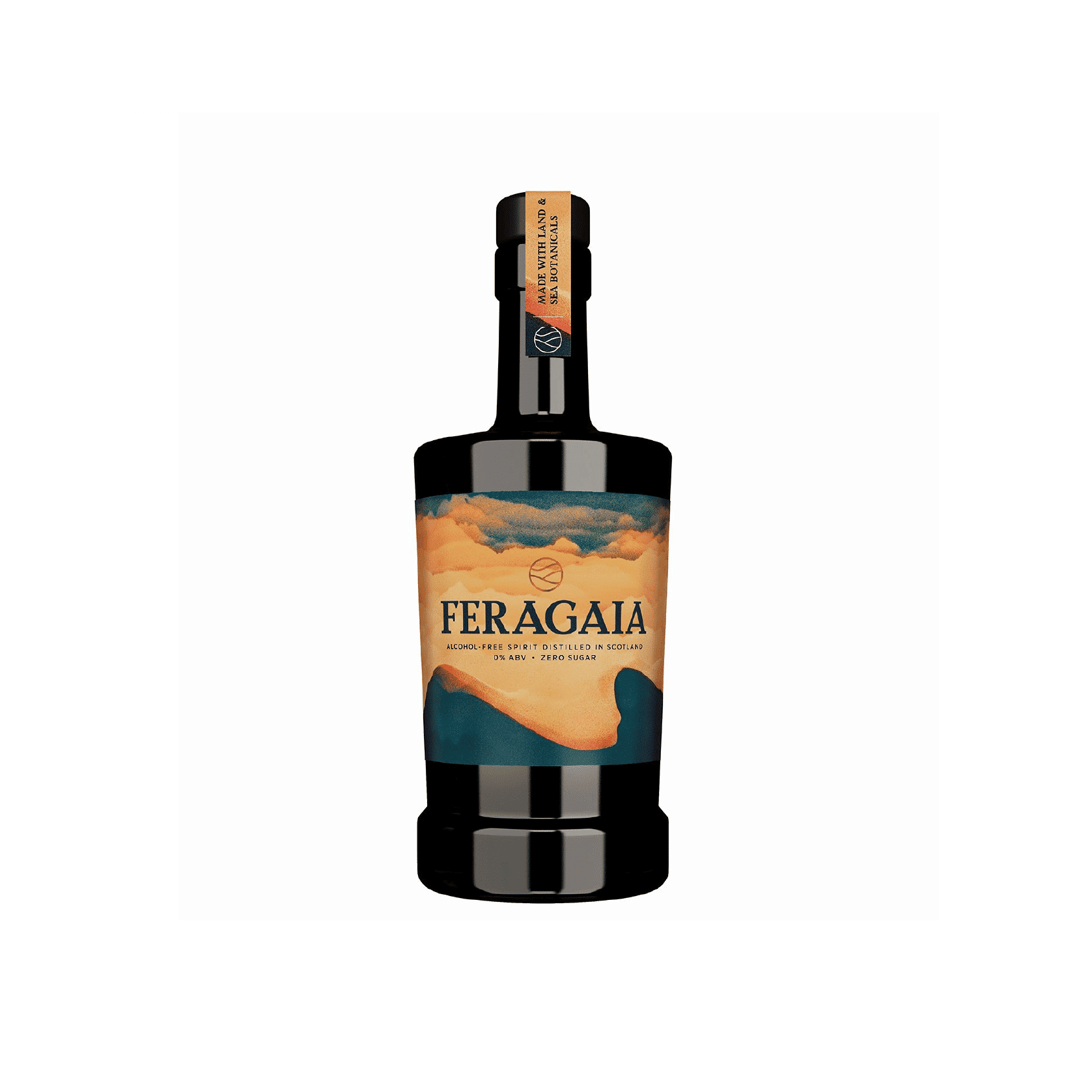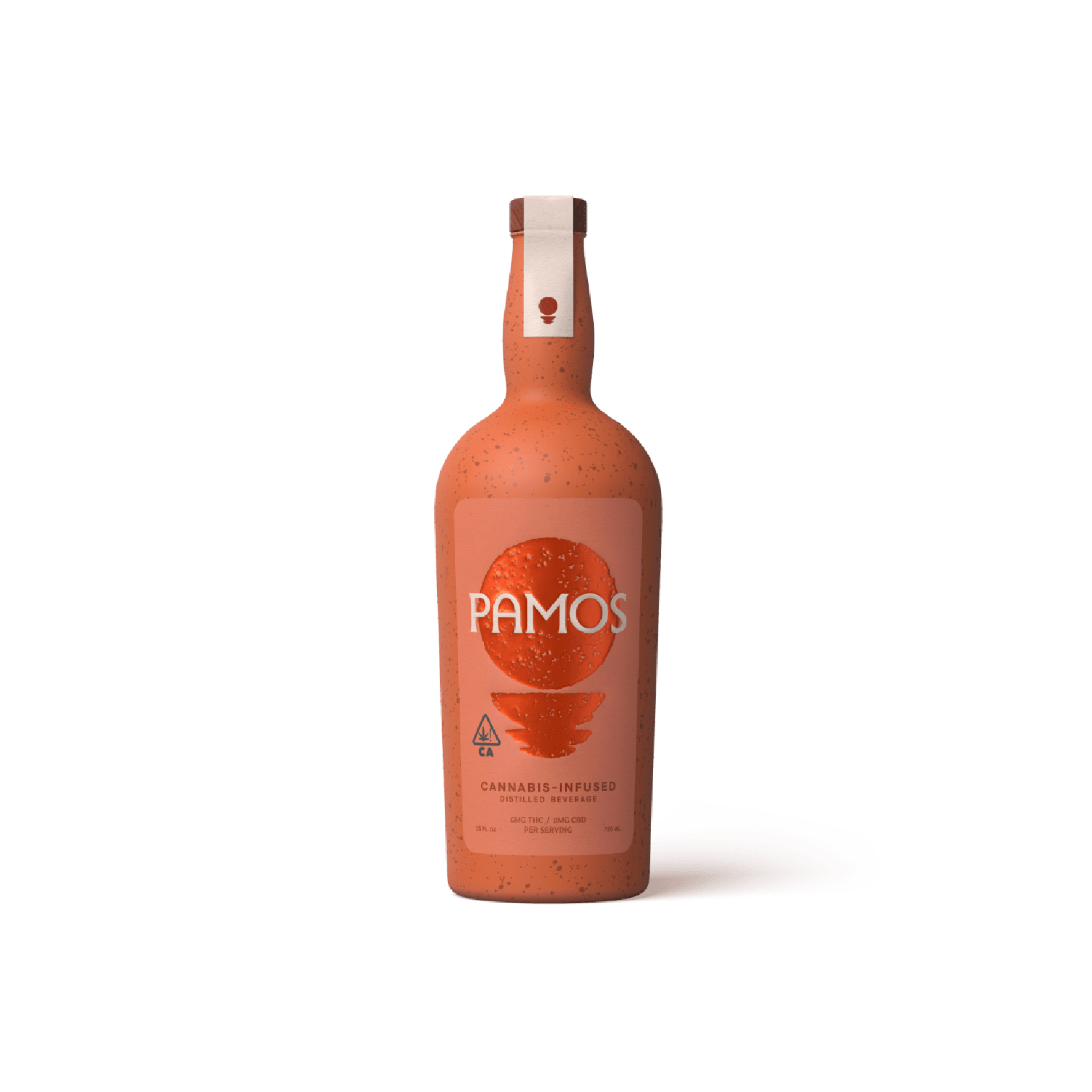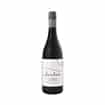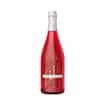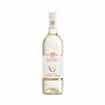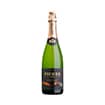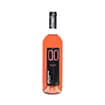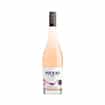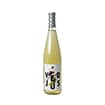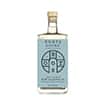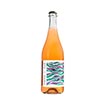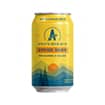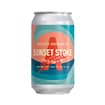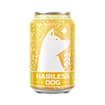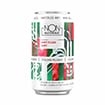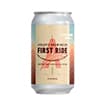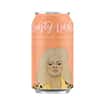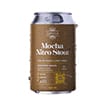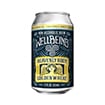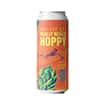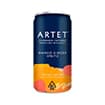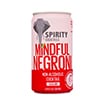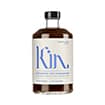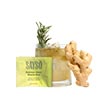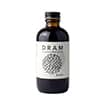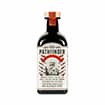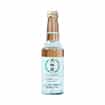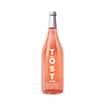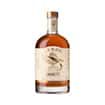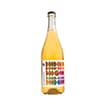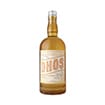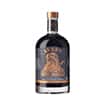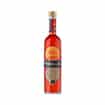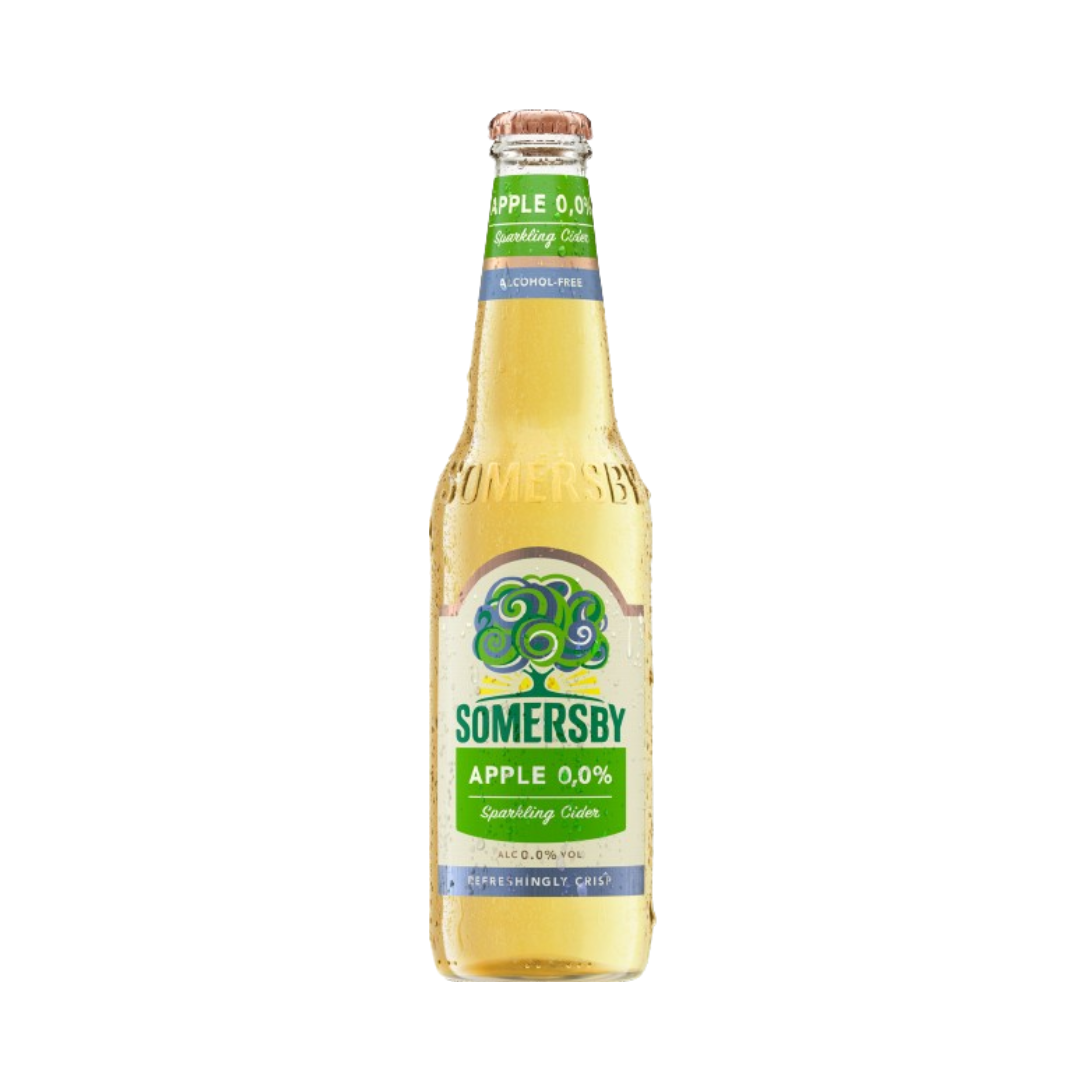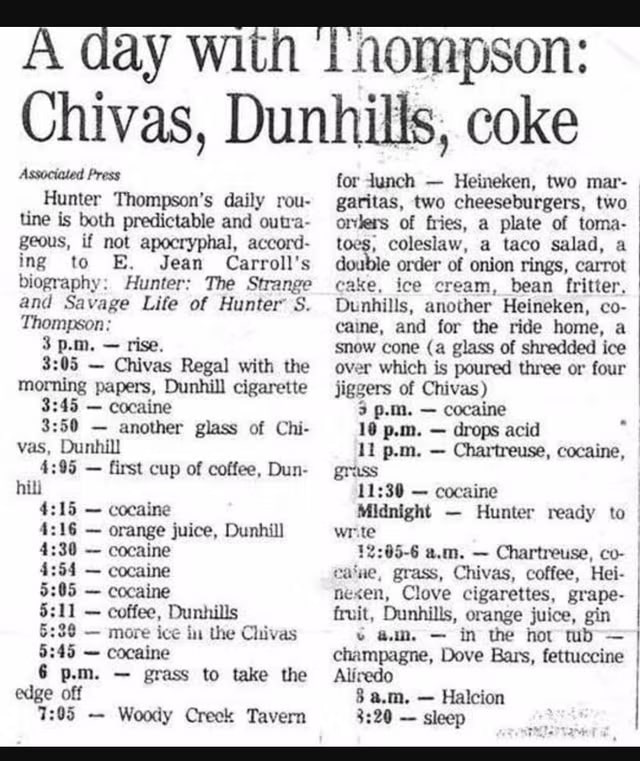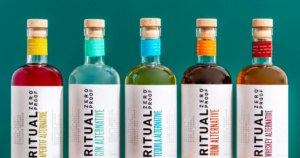On Booze and Creativity
History provides countless examples of famous drinkers in almost every field of endeavor, from politicians like Churchill to creatives like Hemingway and Hunter S. Thompson. How should we as mindful drinkers consider their legacies? This is not a rhetorical question. I have a few thoughts but I want to know what you think.
1. Fish stories
I’m not questioning that Thompson consumed intoxicating substances of all manner to excess. He certainly did, and I’m sure he wrote under the influence too. But he never adhered to the schedule above. Despite the popularity of the myth, it’s a complete fabrication by an early biographer who herself acknowledged that fact, perhaps knowing that a good legend can travel like wildfire. And the “drugs, guns and madness” schtick appeals to some (college me, to name one) and Thompson’s legend grows.
Likewise, many biographers of Churchill have noted that although he certainly loved his champagne and scotch, the legends of his drinking have ballooned beyond the truth. I suspect that the same is true for van Gogh, Hemingway and others.
2. Lost Potential
The idea of the “tortured artist” may be romantic, but the truth is that a clear, well-rested mind is more likely to achieve its full creative potential. Thompson and his booze-soaked brethren excelled in spite of alcohol, not because of it. They were so brilliant that they were able to achieve what they achieved in spite of being hindered.
It usually caught up with them eventually. Many died young and those who didn’t usually experienced diminished creative output in the latter parts of their careers. How many unwritten great works could have been were it not for Thompson’s substance abuse?
3. Counter-examples
There are countless successful artists and writers who have chosen to imbibe more mindfully, proving that creative excellence can be achieved without booze. Notable examples include the writers Ray Bradbury, Annie Dillard and Stephen King (the latter since the late 80s).
Dillard once remarked, “I rarely drink, and when I have it’s just a single glass of wine. I find it interferes with my ability to write clearly and effectively.” Bradbury took an even stronger stance, stating, “I have never been drunk in my life. When I was a teenager, I made the decision that I would never drink because I wanted to have full control of my mind and my creativity.”
As always, we’re not here to vilify alcohol. We’re here to recognize that drinking more mindfully can lead to a clearer mind, better sleep and ultimately, greater creative potential. Something to consider as we each pursue our own personal endeavors, creative and otherwise!

